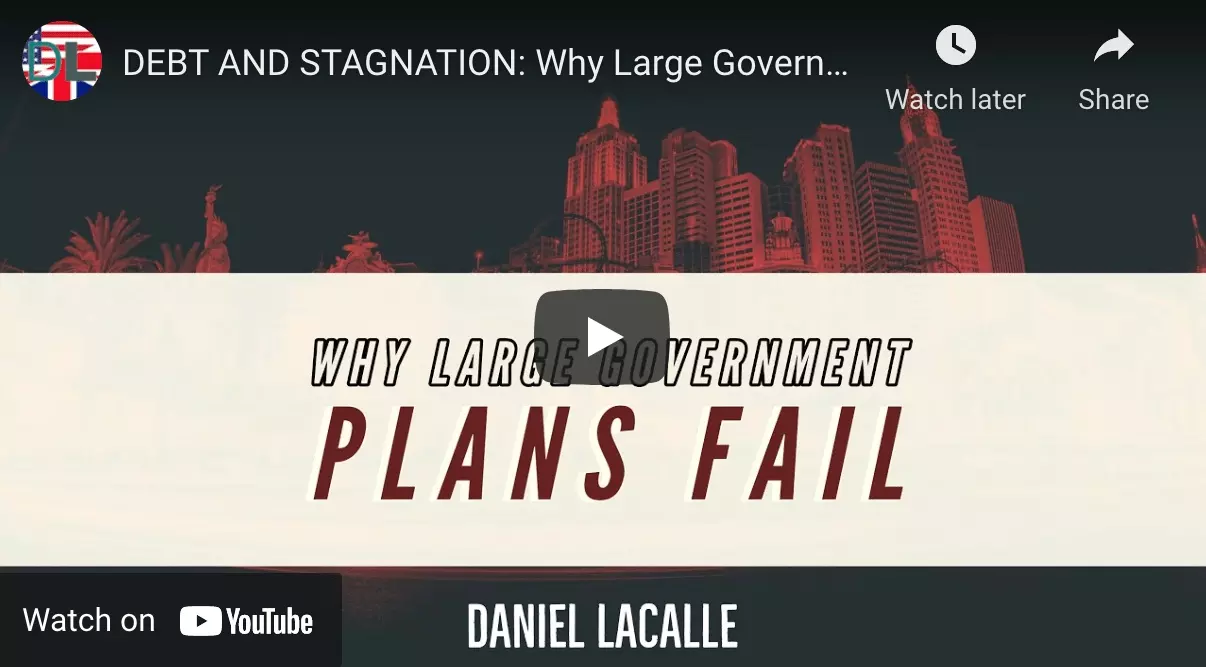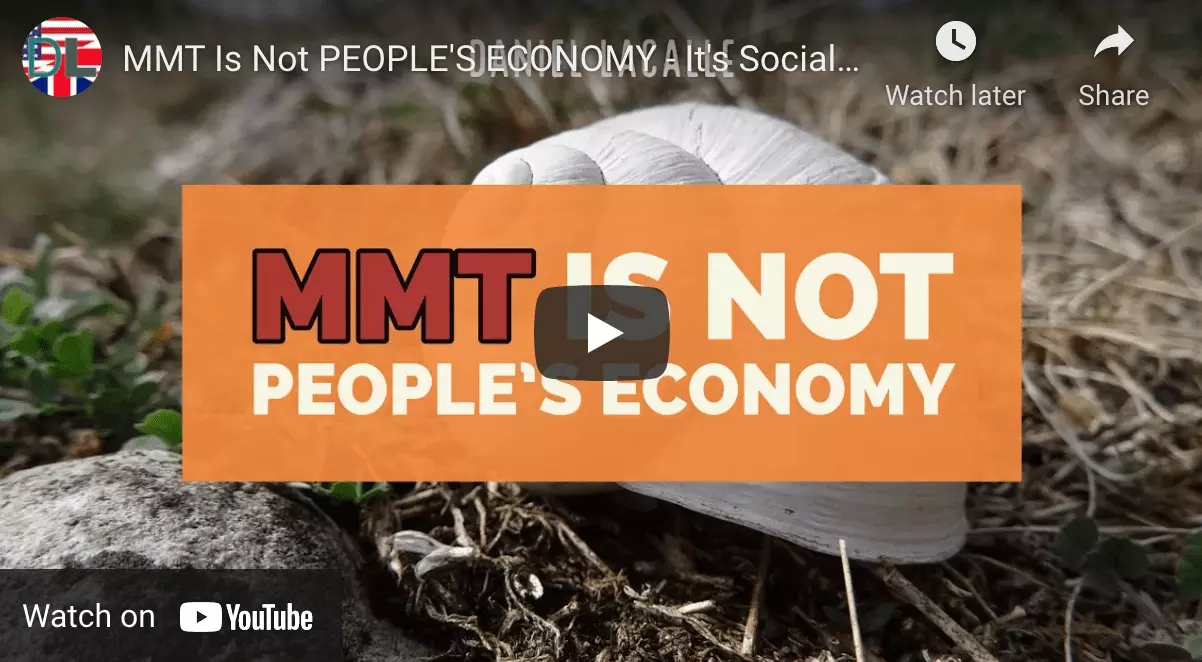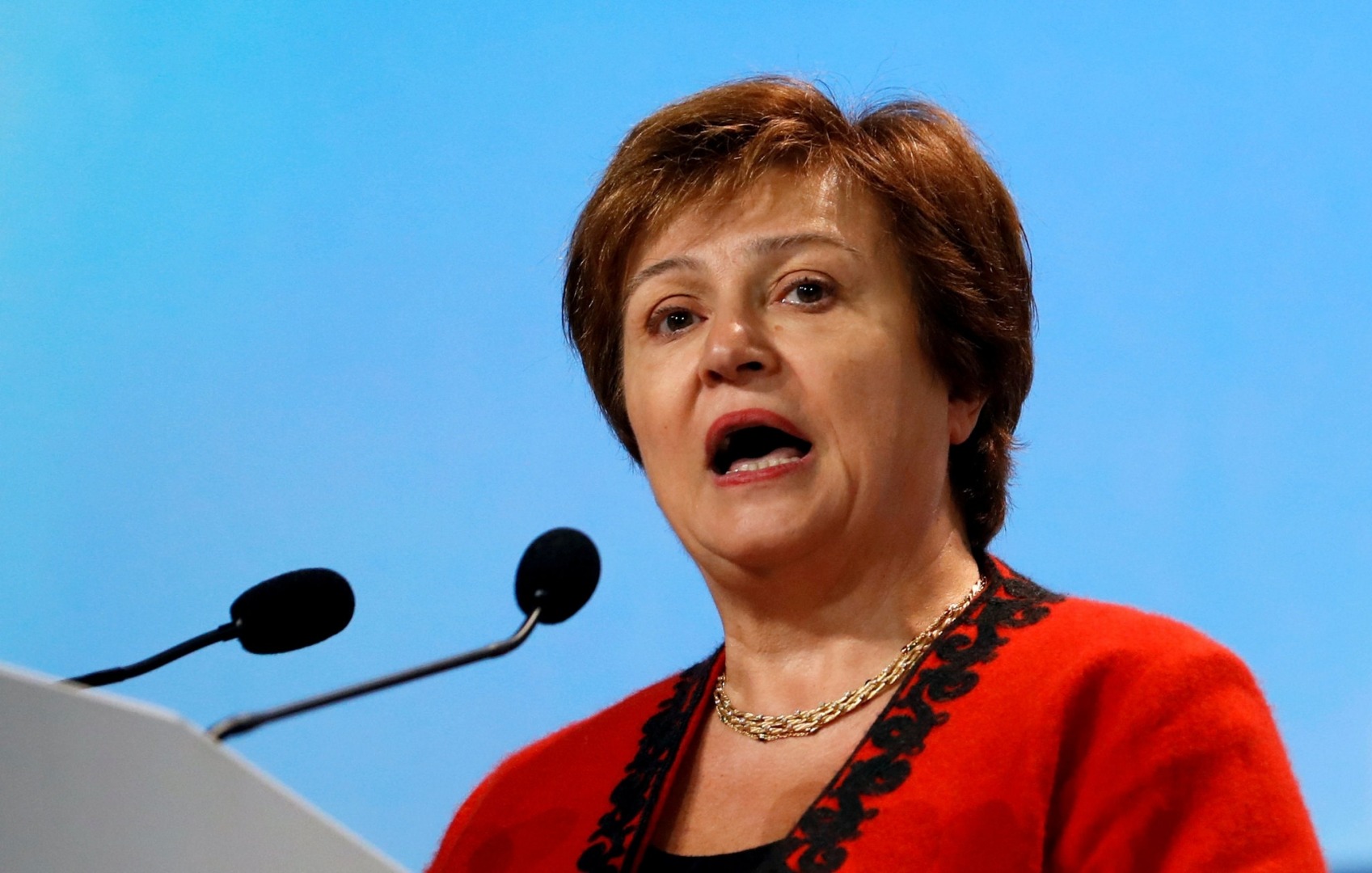The International Monetary Fund (IMF) has recently published its April outlook for the global economy.
It has been hailed by most commentators due to the strong upgrade in GDP recovery.
The report states that “global growth is projected at 6% in 2021, moderating to 4.4% in 2022. The upward revision reflects additional fiscal support in a few large economies, the anticipated vaccine-powered recovery in the second half of 2021, and continued adaptation of economic activity to subdued mobility”.
However, there are important warning signs that should be considered because the headlines have been predominantly euphoric about this optical upgrade.

Two factors that affect the quality of the recovery should worry us: The upgrade comes mostly from higher government spending and rising debt, and the job recovery is much slower than in previous cycles.
The unemployment rate in the euro area will remain well above 2019 levels even in 2022 (rising from 7.9% in 2020 to 8.3% in 2022). Only Germany shows a positive employment outlook that leads its unemployment ratio to fall to 3.7%. Spain, on the opposite side, will end, according to IMF estimates, with unemployment of 15.8% in 2022 from 15.5% in 2020. This would make Spain the eurozone economy with the highest unemployment rate even in 2022 and one of the highest in the world.
The United States is estimated to end 2022 with a 4.2% unemployment rate, a rapid decrease from the current 6%, but still above pre-pandemic levels. China unemployment is expected to remain low at 3.6% and advanced Asia will likely show the best improvement in unemployment, reaching nearly record lows in 2022.
Even with these optimistic estimates of recovery, the IMF is showing that the covid-19 crisis is going to leave millions of workers left behind, and that it will be particularly negative in an area that prides itself on social policies and high public spending, the eurozone.
This crisis has proven that being rich and having a very elevated government spending did not help manage the health and economic crisis better.

The biggest loser of this crisis has been the middle class. According to Bloomberg, an estimated 150 million slipped down the economic ladder in 2020, the first pullback in almost three decades. Massive liquidity injections and large government spending programs have not helped the middle class, and we could argue that it created a negative effect. Why? The middle class has been the most negatively affected by the loss of employment while its savings and real wages have been eroded by inflation as central banks pumped trillions into government debt, creating a perverse spiral of rising prices when disposable real income fell dramatically.
We could argue that it would have been worse without central bank intervention and government spending, but there is absolutely no evidence that shows it should have been as massive and indiscriminate as it was in 2020. We have been told to ignore the size of stimulus or its effectiveness and just accept these massive repurchase and spending programs as essential. No one seems to ask how much is too much and even less when the results are a bloated GDP recovery due to debt and public expenditure with a poor job recovery ratio. As time passes, we have grown used to hear of “ trillion dollar stimulus” and think it is not enough.
This poor return on capital employed of government and central bank programs would result in lay-offs of management in any company. We are not discussing diminishing returns of monetary and fiscal policy, but outright negative effects if we add asset bubbles and high leverage.
Any serious analyst would be appalled at the figures of unemployment and growth shown by the IMF after spending close to twenty trillion in chained stimuli. Furthermore, any serious analyst would be seriously warning about the negative consequences of making central banks and government the lender of first resort, not the last resort. What is the biggest risk? That the 2022 estimates prove to be too optimistic, again, and governments and central banks push to an even higher level of interventionism.
The destruction of the free market, competition and innovation may seem appealing to some now, but the likely outcome of poor employment, negative real wage growth and stagnation should be a real cause of concern.





Leave your comments
Post comment as a guest